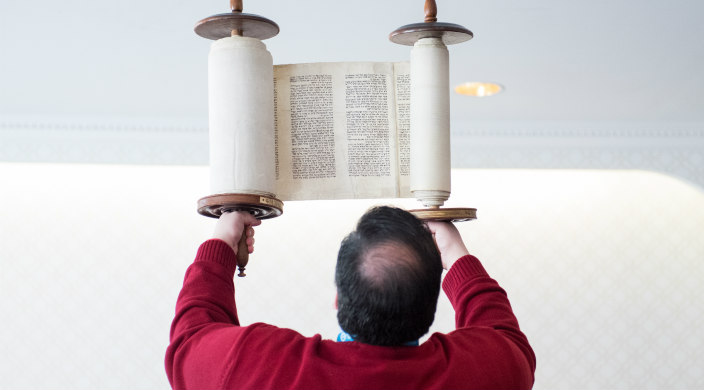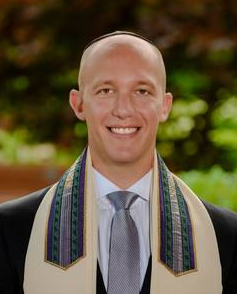
I first remember learning the famous phrase “an eye for an eye, a tooth for a tooth,” etc., when I studied Hammurabi’s code back in my ninth-grade global studies class. I remember imagining how tough it must have been to live in that ancient Babylonian society.
It didn’t surprise me, though. I knew that there were many examples throughout history of brutal legal codes, and I knew some ancient societies were more brutal than others.
A few years later, in college, I encountered the following words from this week’s Torah portion, Parashat Mishpatim: “Eye for eye, tooth for tooth, hand for hand, foot for foot.” - (Exodus 21:24)
This time around, I was shocked to encounter such words. I didn’t expect to see them in the Torah, of all places.
Accepting the fact that an ancient society had brutal laws was one thing. But us? The Jewish people? My people? I couldn’t believe it. That’s not the Judaism I knew and grew up with. How could such a brutal legal system, as found in Parashat Mishpatim, be the basis for the loving and heartwarming religion I knew Judaism to be?
This change was able to happen because in Jewish tradition, everyone has a voice.
To me, the most moving part of a Shabbat morning service is when we do hagbah, the lifting of the Torah. In that moment, the lifter shows the words of Torah to everyone and, without saying a word, conveys, “Do you see this? This belongs to you. Add your voice to these ancient words.”
Jews troughout the centuries have accepted this invitation. We all have the right to study Torah, to interpret it, and to make ourselves heard in the never-ending Jewish conversation about what our treasured texts mean.
One of the most famous groups to embrace this ethos was the rabbis of the Talmud. It says in Bava Kamma 84a, “Rabbi Shimon ben Yochai says: ‘An eye for an eye’ is referring to monetary restitution.”
How could such a brutal foundational piece of text yield such warmth? Jewish tradition achieved this through years of people speaking up and saying, “I understand it differently than others might.” In this case, Rabbi Shimon ben Yochai explained how we can read this difficult text from Exodus creatively so that, to paraphrase Mahatma Gandhi, we don’t leave the whole world blind.
Once again, the Jewish people are tasked with a crucial job. As we continue to discuss and wrestle with the foundational document of our people, the Torah, we also have the privilege and duty to examine and debate another foundational document – Israel’s Declaration of Independence.
It says in that document, “This right is the natural right of the Jewish People to be masters of their own fate, like all other nations, in their own sovereign state.” What does this, along with the entire document, mean for us, the Jewish people? What will these words mean for us today? Tomorrow? In 10 years? In 100 years?
From this week’s portion and the commentary thereafter, we learn that we understand ourselves better and we create a better future when we wrestle with text and make our opinions heard.
Right now, we have the unique opportunity to do exactly that. By voting in the World Zionist Congress elections, we can make our voices heard so that we can create a Jewish State that respects and defends the values that we as Reform Jews see inside two of our foundational documents – our Torah, and Israel’s Declaration of Independence.
Learn more about the World Zionist Congress, then cast your vote for the “Vote Reform” slate.
Rabbi Jason Bonder is the associate rabbi at Congregation Beth Or in Maple Glen, PA.
Related Posts

Staying Connected with Our Loved Ones Even When we Disagree

How the Israel-Hamas War Disproportionately Affects Israelis with Disabilities


